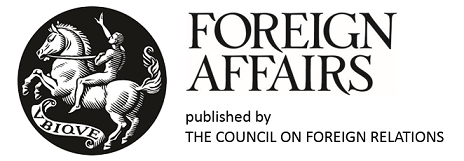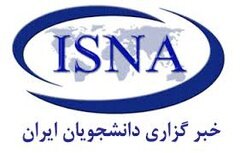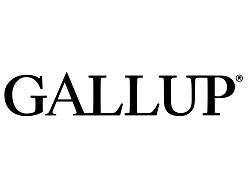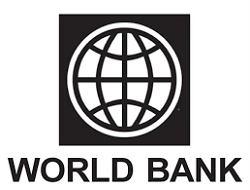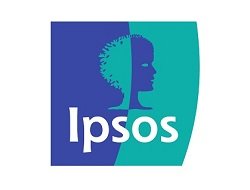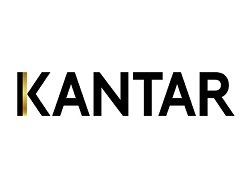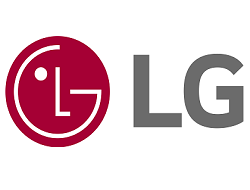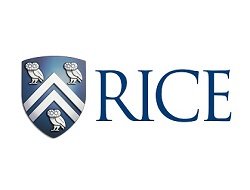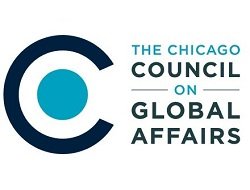Second joint Chicago Council on Global Affairs (CCGA) and IranPoll survey results show that although Iranian and American public support for the Joint Comprehensive Plan of Action (JCPOA, or the Iran deal) has waned over time, there is still sizable backing for it in both countries. The results suggest there is an opportunity for the United States to rebuild some credibility with the Iranian public if it returns to the agreement. But there may be significant resistance in Iran, even from the public, to negotiations about Iran’s missile program or other nonnuclear activities.
The Iranian part of the study was conducted as a part of IranPoll’s ‘State of Iran Survey Series’ utilizing our standard nationally representative sampling from February 8 to 28, 2021 through telephone interviews from 1,006 Iranians. The sampling margin of error was +/- 3.09%. The US part of the study was conducted January 29–February 1, 2021, by Ipsos using its large-scale nationwide online research panel, KnowledgePanel, among a weighted national sample of 1,021 people 18 or older, living in all 50 states and the District of Columbia.
IranPoll partially sponsored the collection of these surveys through “IranPoll Opinion Research Support Fund in Memory of Professor Thomas Schelling”.
The findings of the study show
About six in ten Americans favor US participation in a nuclear deal with Iran and half of Iranians (51%) approve of the JCPOA. This is the highest percentage of Iranians supporting the JCPOA since May 2019 though much lower than levels of support in 2016–2017, before the United States withdrew from the accord in 2018.
Seven in ten Iranians (69%) support their country returning to the limits called for under the nuclear agreement if the United States begins fulfilling its obligations under the JCPOA.
Even if the United States does return to the Iran agreement, a majority in Iran think it is unlikely the United States will live up to its obligations under the agreement (60%, versus 37% who think it is likely).
Half of Iranians think it is at least somewhat likely that the economic sanctions against their country will be eased during the Biden administration (50% likely, 45% unlikely). Even so, a majority expect no change in US-Iran relations during the Biden presidency (57%).
Only 28 percent say that if the two sides return to the original terms of the JCPOA, Iran should be willing to negotiate a separate agreement about its missile program.
Detail results:
Below please find the results of this survey in greater detail:
A series of reports jointly written by Dina Smeltz - Senior Fellow at the Public Opinion and Foreign Policy program of the Chicago Council on Global Affairs -, Amir Farmanesh - CEO of People Analytics (IranPoll) -, and Brendan Helm of the Chicago Council on Global Affairs on the results of the surveys has been published by the Chicago Council and is available below:
The frequency tables of the survey results conducted in Iran are available here.
The results of the survey conducted in the United States (joint toplines) are available here.
The results of the first joint CCGA/IranPoll survey are available here.
Craig Kafura in CCGA’s “Running Numbers” has covered the COVID-19 related aspects of the poll available here.
MEDIA COVERAGE:
Below are links to the articles covering this poll:













